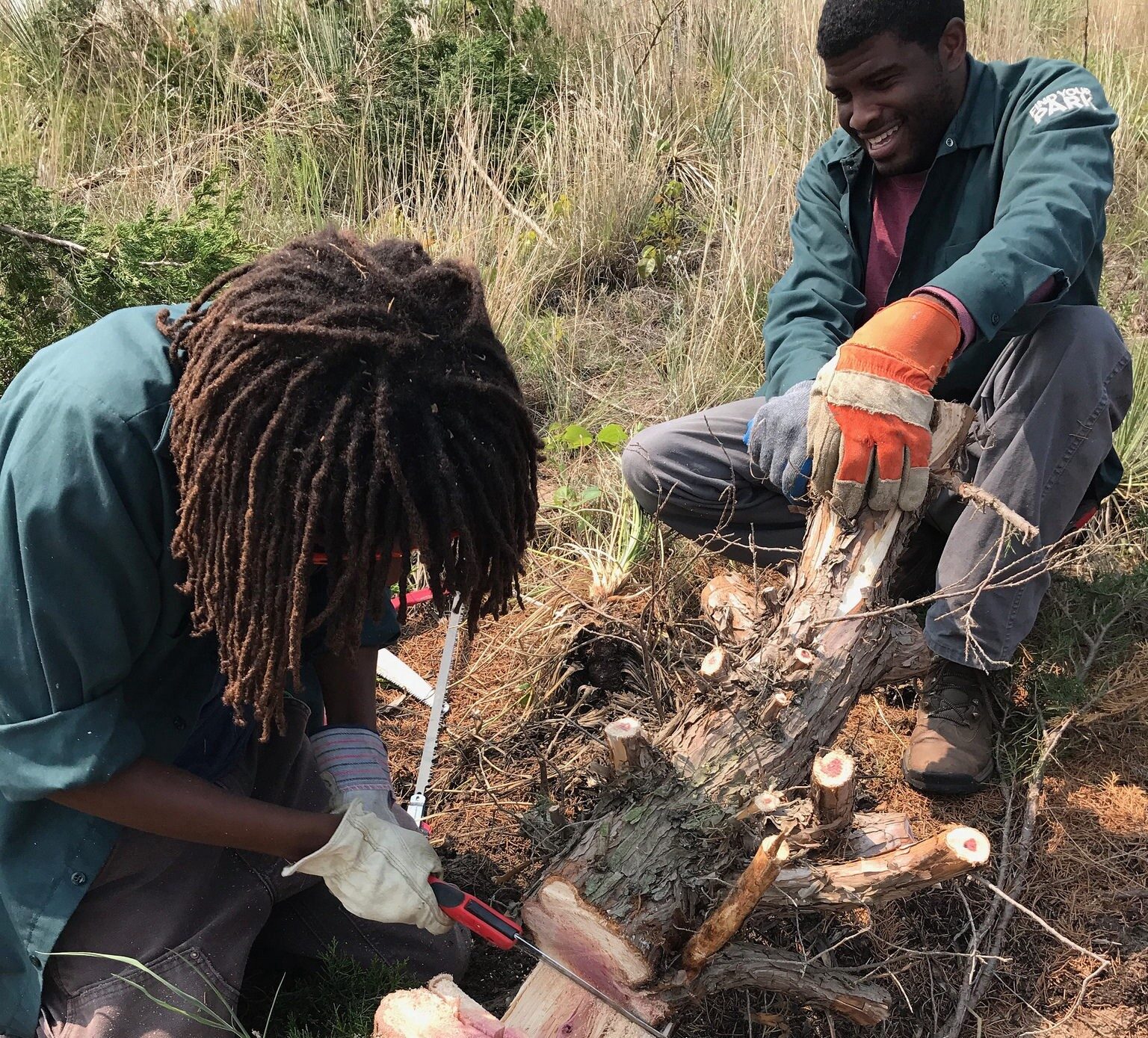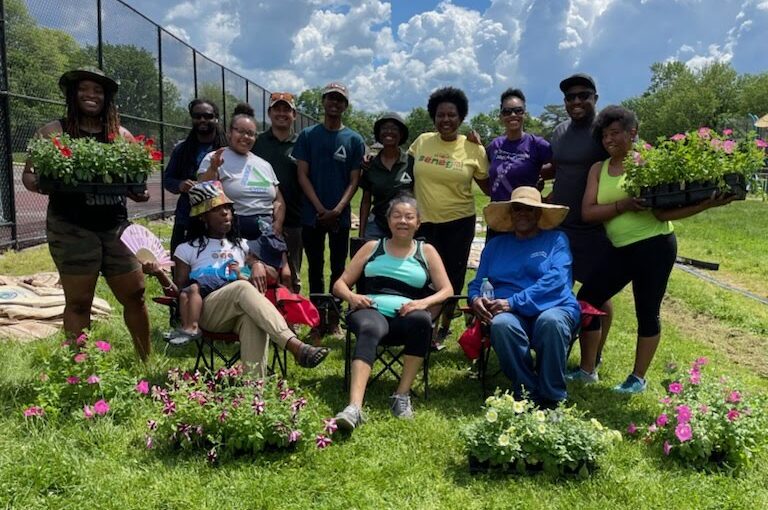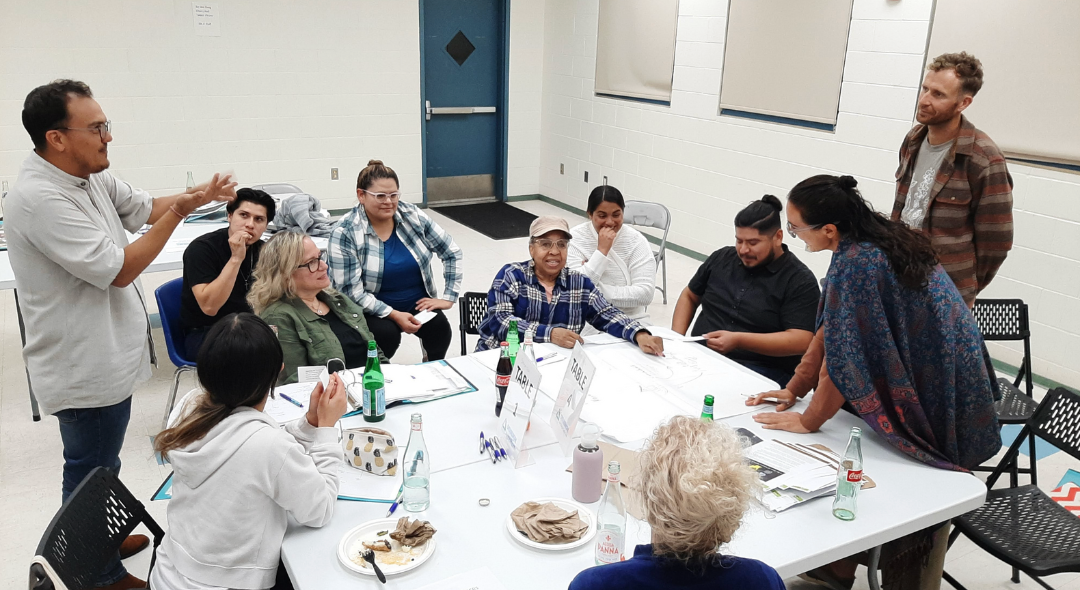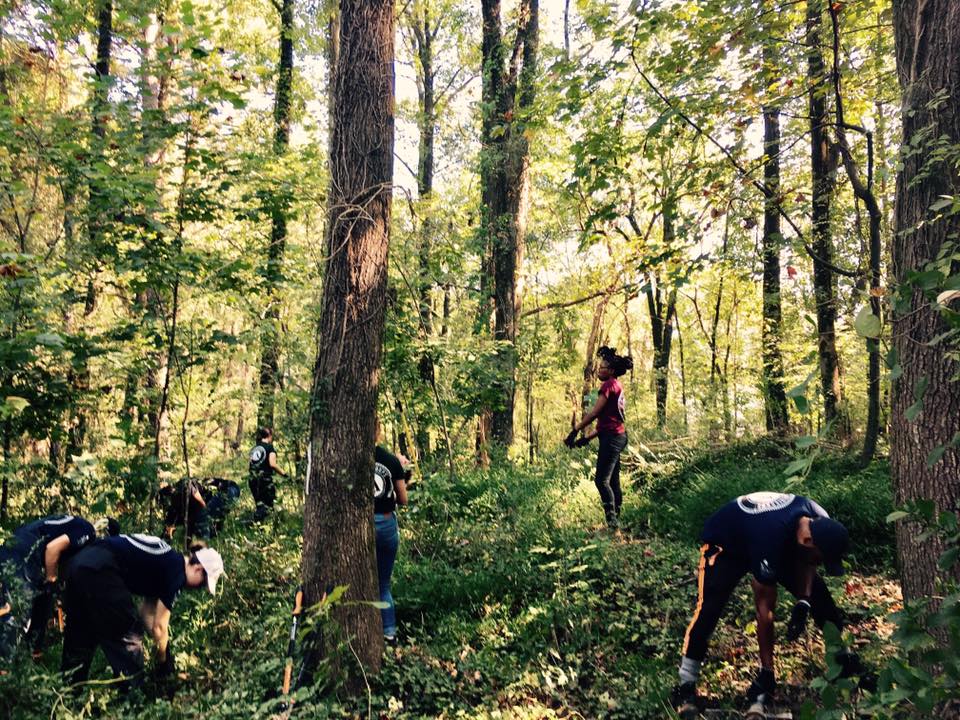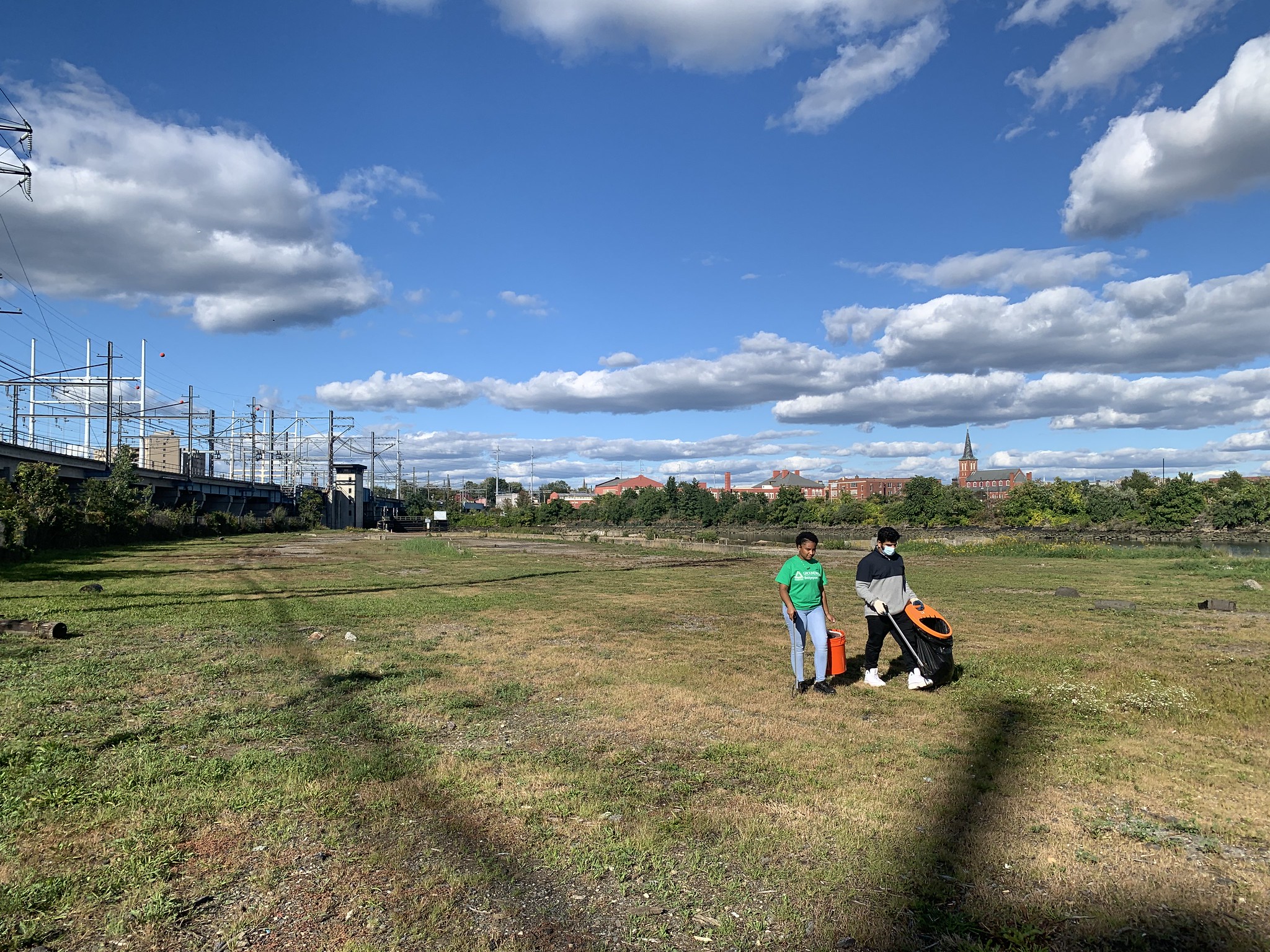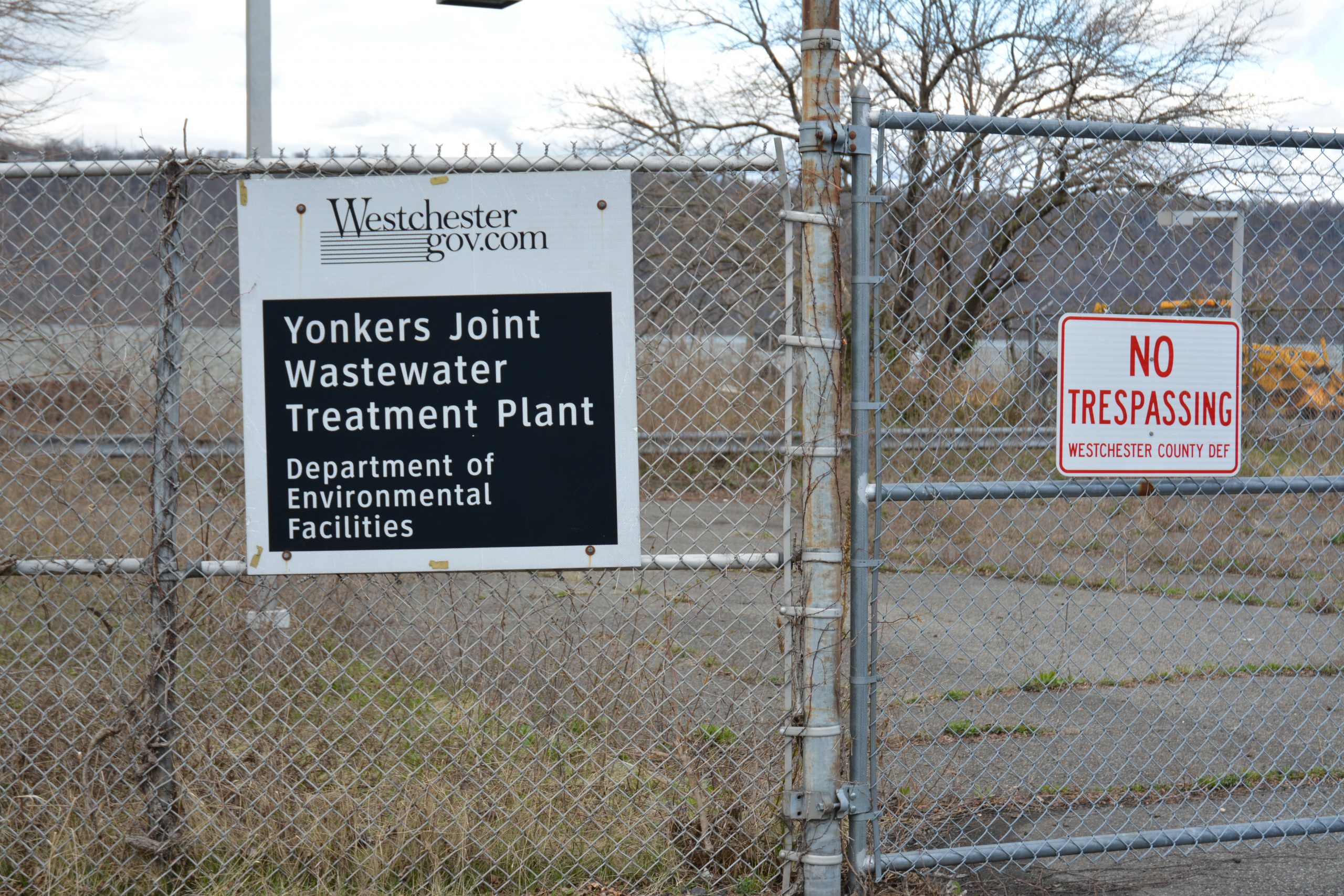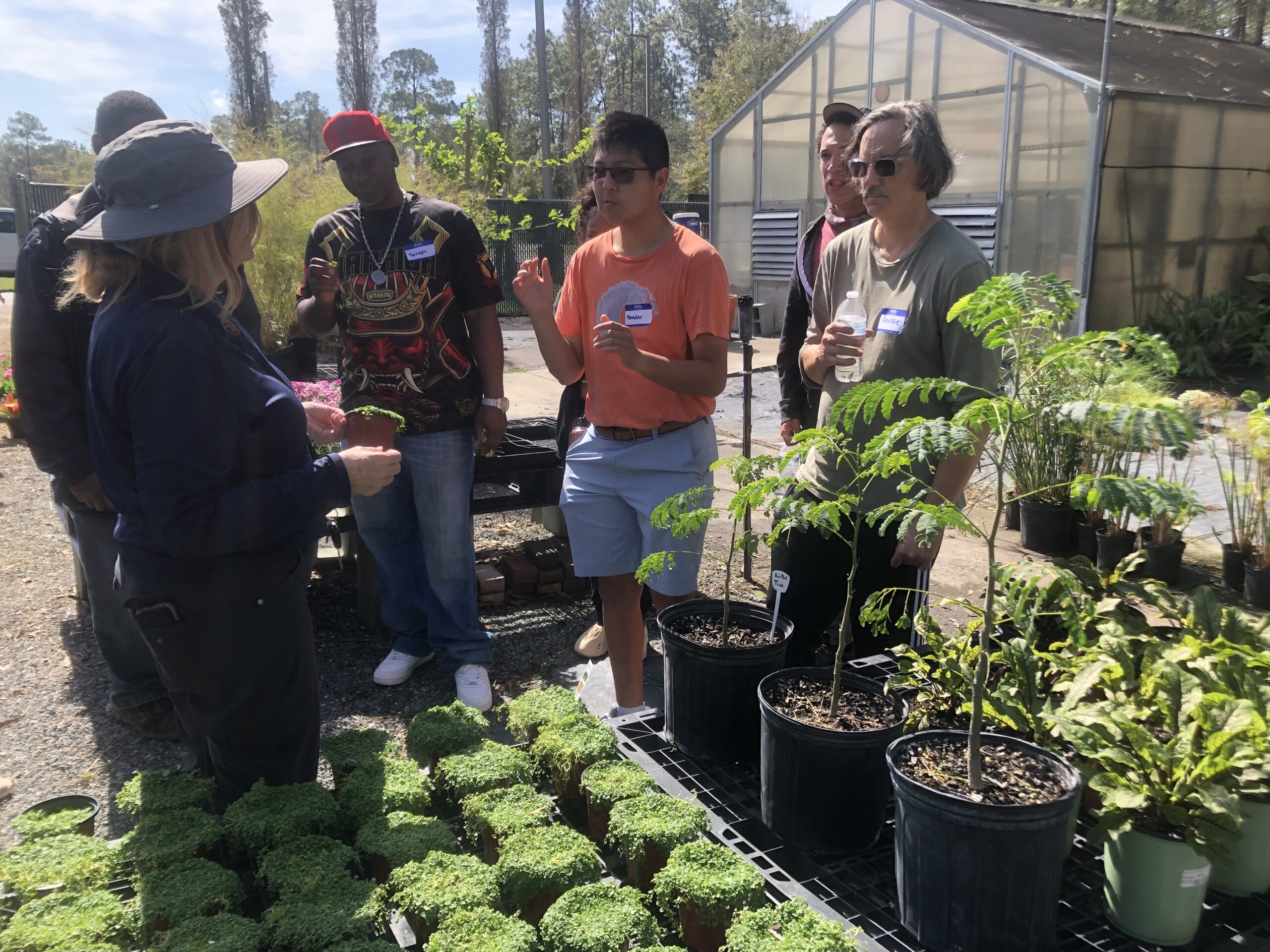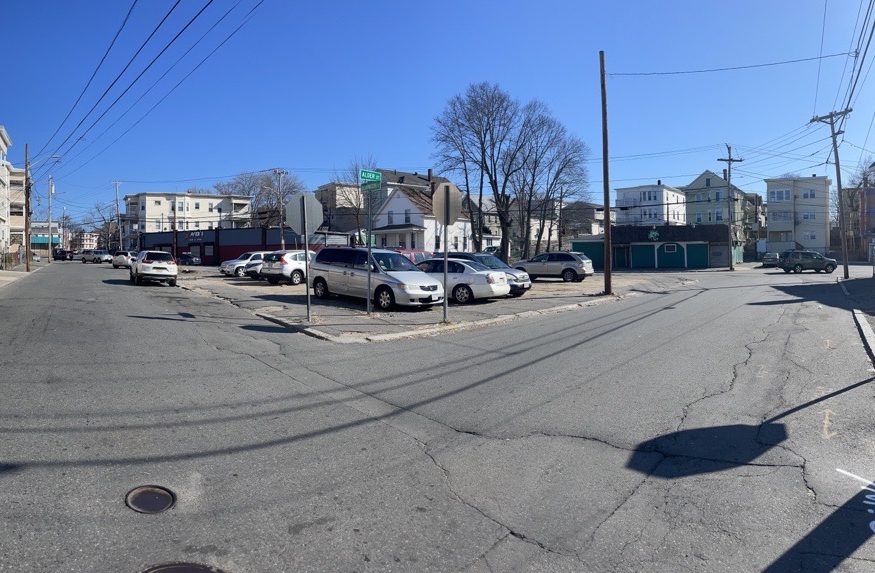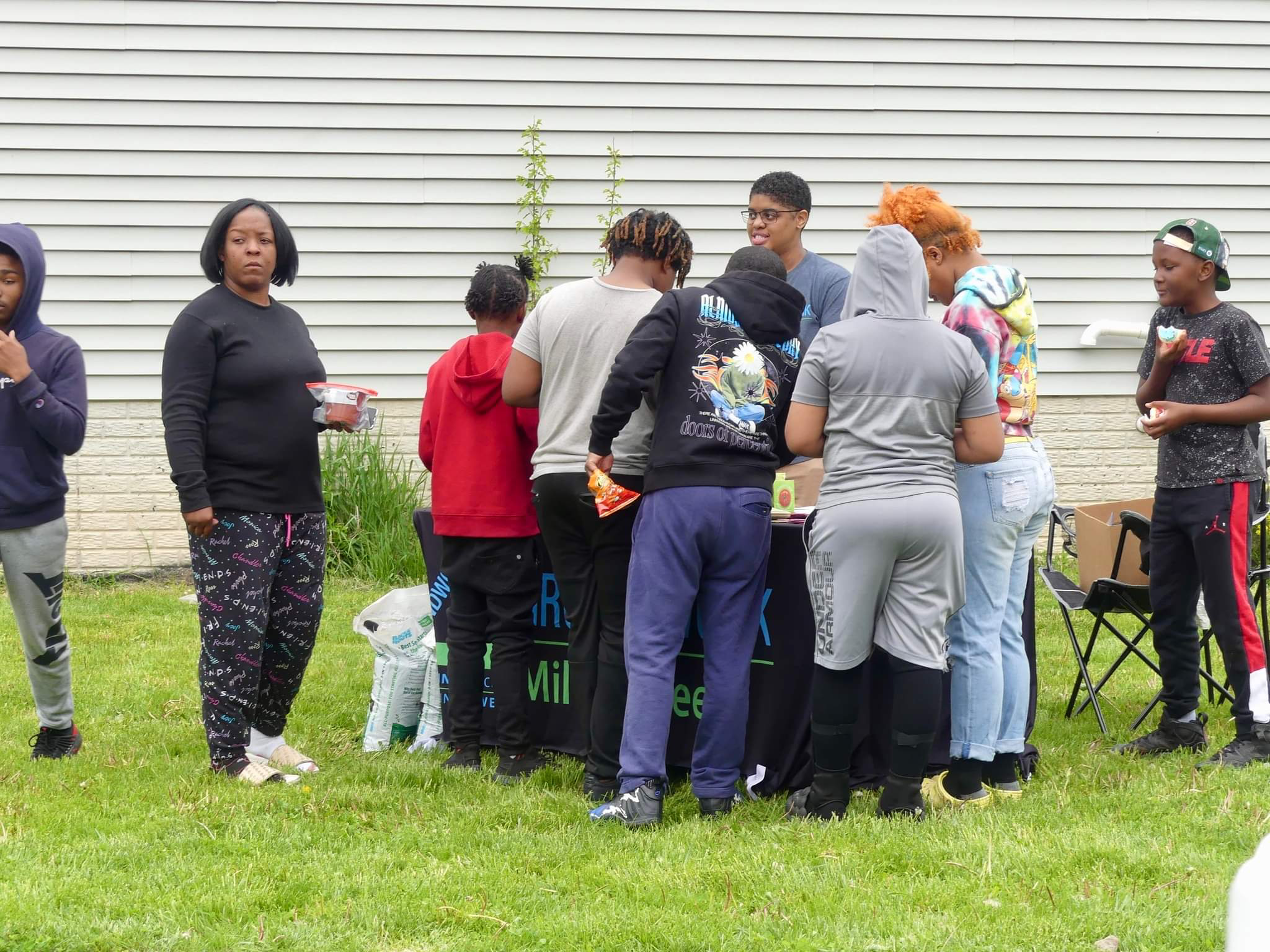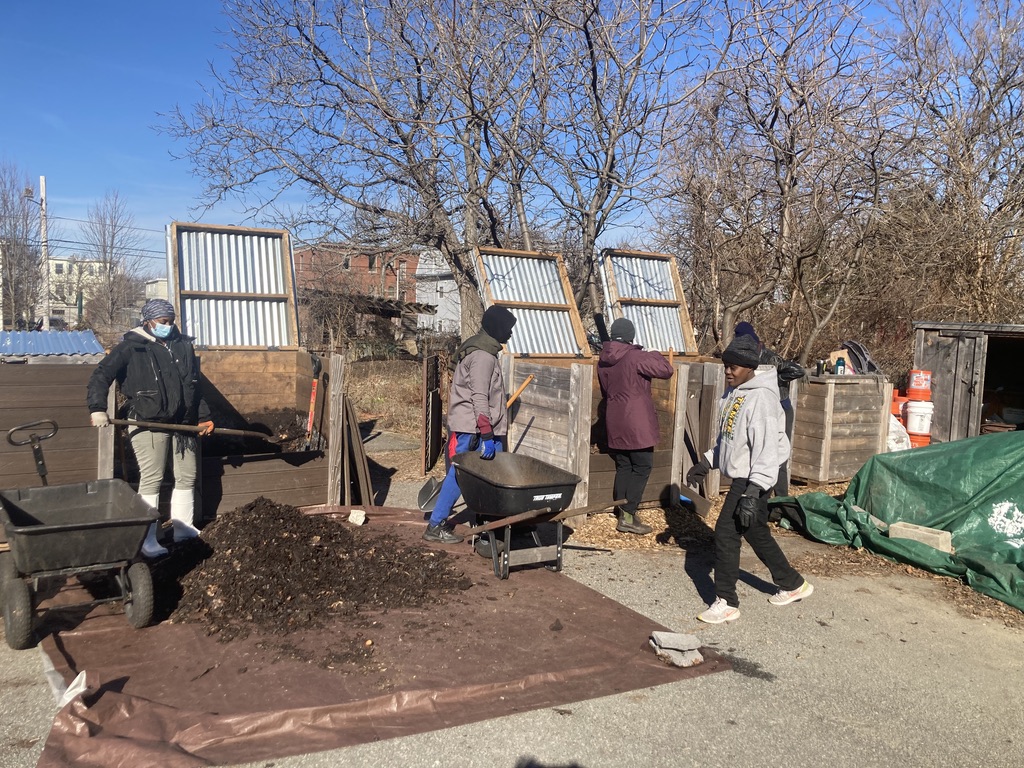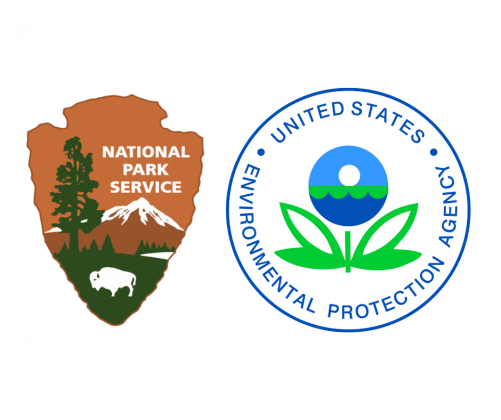The Groundwork Land Use Innovation Initiative advance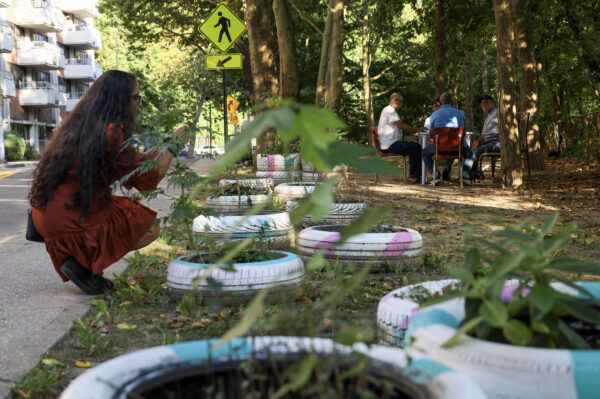 s environmental justice through community-driven land revitalization efforts that transform brownfield sites into neighborhood assets like parks, trails, and community gardens. Made possible through a partnership between NPS-Rivers, Trails, and Conservation Assistance Program, the EPA’s Office of Brownfields and Land Revitalization, and Groundwork USA, this program advances community-centered projects that spark innovation, resident leadership, and long-term investment in land revitalization across Groundwork communities. In 2024, additional funding was provided through Hydro Flask’s Parks for All program.
s environmental justice through community-driven land revitalization efforts that transform brownfield sites into neighborhood assets like parks, trails, and community gardens. Made possible through a partnership between NPS-Rivers, Trails, and Conservation Assistance Program, the EPA’s Office of Brownfields and Land Revitalization, and Groundwork USA, this program advances community-centered projects that spark innovation, resident leadership, and long-term investment in land revitalization across Groundwork communities. In 2024, additional funding was provided through Hydro Flask’s Parks for All program.
Each selected project prioritizes community engagement initiatives that deepen resident participation in Brownfield land reuse projects, but the specific initiatives are designed to meet specific community needs. For example, we’ve helped set up community advisory groups, hosted engagement events, developed interactive web dashboards, and created leadership development programs for both young people and adults. Our goal is to support projects that benefit both people and the environment. This means bringing together new partners to work toward shared goals, amplifying the voices of communities that have often been left out of these conversations, and preparing the next generation of environmental leaders.

